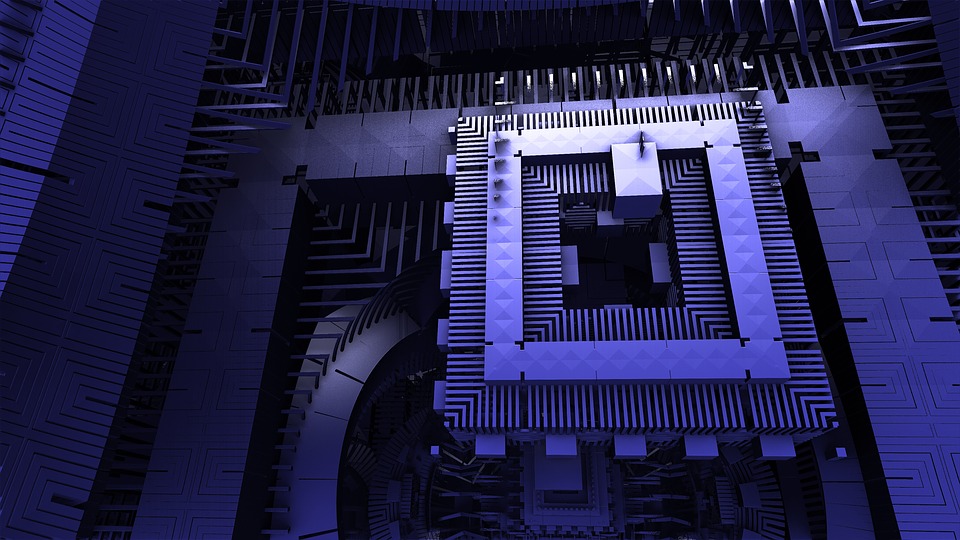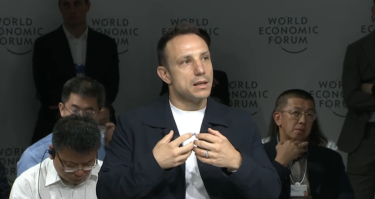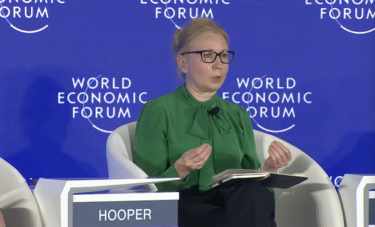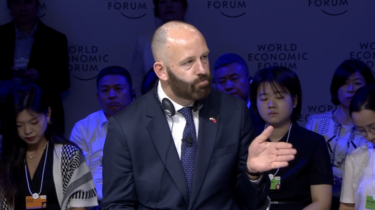The Republic of Korea’s Ministry of Science and ICT (MSIT) announces it will invest $40 million in quantum computing over the next five years.
“Over the next five years, we will develop core technologies such as quantum computer hardware and Quantum Computing New Architecture, Quantum Algorithms, Infrastructure, etc.,” reads the MSIT press release titled “‘Dream Computing,’ the first development of core technologies for quantum computing.”
Read More: The Übermensch in the Cuckoo’s Nest: Malware in AI-human Hybrids
The new quantum computing research will include:
- Investment of KRW 44.5 billion ($39.7 million) for 5 years to develop core technology of quantum computing and to expand research base
- Investment of KRW 13.4 billion ($11.9 million) in next-generation ICT technology including ultra high-performance computing knowledge data convergence, system software, software engineering, information and intelligence systems, and human-computer Interaction (HCI)
South Korea’s quantum computing research program aims to:
- Ensure core technology for quantum computing and creating a domestic research ecosystem
- Implement a 5 qubit-class general-purpose quantum processor with more than 90 percent reliability by 2023.
- Foster more than 33 quantum computing research groups including 7 key teams for core technology of the quantum computing and 26 teams for promising technologies.
According to MIT Technology Review, “The secret to a quantum computer’s power lies in its ability to generate and manipulate quantum bits, or qubits.”
While modern computers use bits of 1s and 0s, quantum computers use qubits, which are “typically subatomic particles such as electrons or photons.”
“Qubits can represent numerous possible combinations of 1 and 0 at the same time. This ability to simultaneously be in multiple states is called superposition.
“A quantum computer with several qubits in superposition can crunch through a vast number of potential outcomes simultaneously. The final result of a calculation emerges only once the qubits are measured, which immediately causes their quantum state to ‘collapse’ to either 1 or 0.”
South Korea is looking to develop a 5 qubit processor. By comparison, IBM has already unveiled its 20 qubit IBM Q System One.
Quantum computing is well-positioned to support certain industry verticals and solve certain problems such as cybersecurity and cryptocurrencies that rely upon prime factoring. Current classical computing technologies would take an inordinate amount of time to break-down prime factors to support cryptology and blockchain technology.
According to Research and Markets, the global quantum and high performance computing (HPC) market is expected to reach $49.3 billion by 2023.
With quantum computing “many of the tools that form the basis of current digital cryptography will be rendered obsolete. Public key algorithms, in particular, will be effortlessly crackable,” according to a report by the World Economic Forum.
Read More: ‘Authoritarianism is easier in a world of total visibility’: WEF report
“Quantum also promises new modes of encryption, but by the time new protections have been put in place many secrets may already have been lost to prying criminals, states and competitors,” reads the report.
Today, real quantum computers can be accessed through the cloud, and many thousands of people have used them to learn, conduct research, and tackle new problems.
Quantum computers could one day provide breakthroughs in many disciplines, including materials and drug discovery, the optimization of complex systems, and artificial intelligence.
Read More: A glimpse into the future with quantum blockchain












